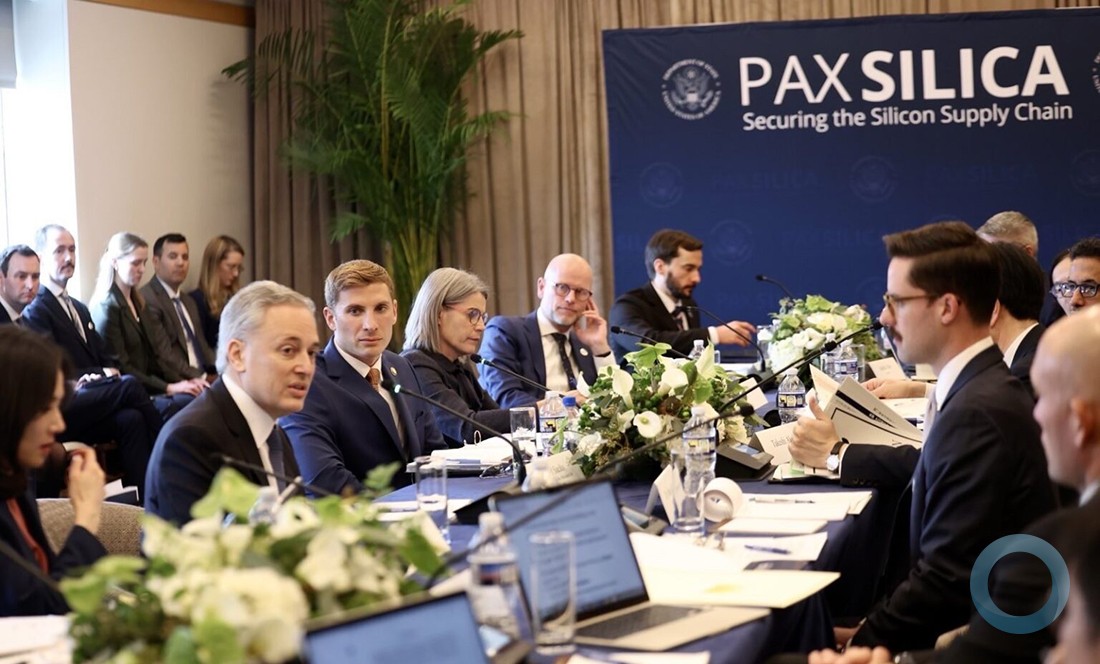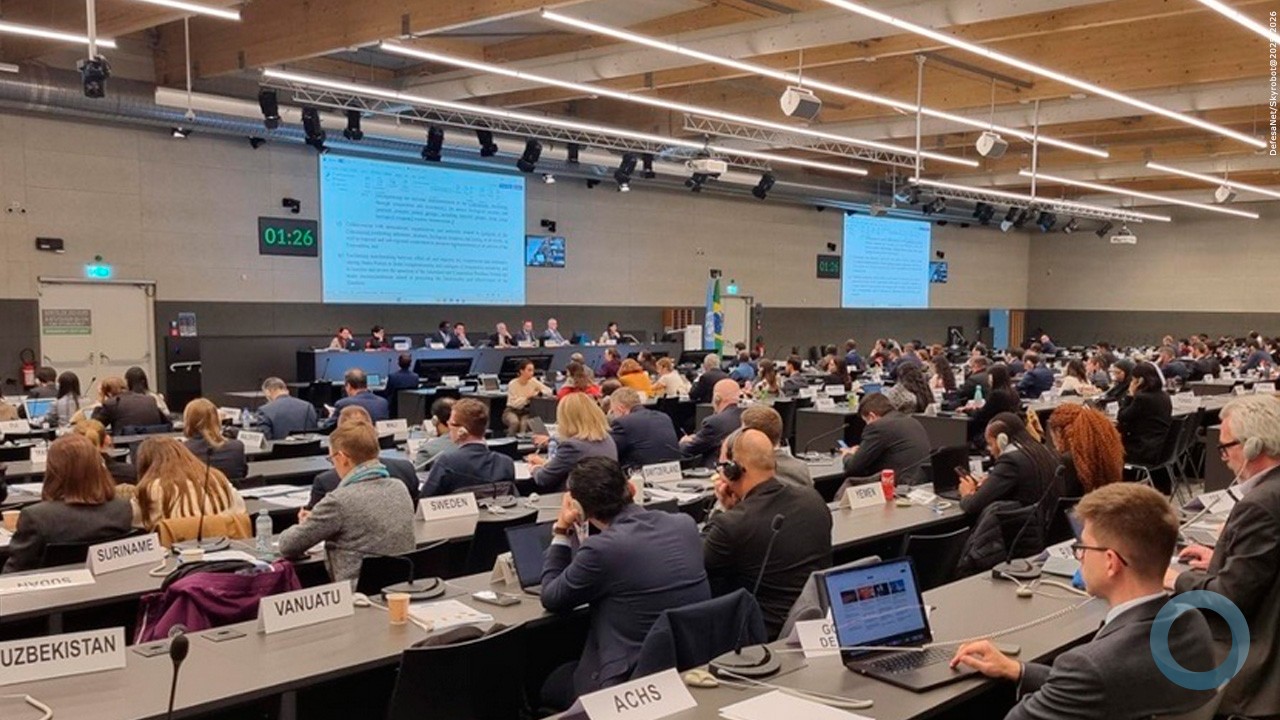Maik Baumgärtner, Nikolaus Blome, Hubert Gude,
Marcel Rosenbach, Jörg Schindler and Fidelius Schmid
Published 24 April 2015
Dert Spiegel
It was obvious from its construction speed just how important the new site in Bavaria was to the Americans. Only four-and-a-half months after it was begun, the new, surveillance-proof building at the Mangfall Kaserne in Bad Aibling was finished. The structure had a metal exterior and no windows, which led to its derogatory nickname among members of the Bundesnachrichtendienst (BND), the German foreign intelligence agency: The "tin can."
The construction project was an expression of an especially close and trusting cooperation between the American National Security Agency (NSA) and the BND. Bad Aibling had formerly been a base for US espionage before it was officially turned over to the BND in 2004. But the "tin can" was built after the handover took place.
The heads of the two intelligence agencies had agreed to continue cooperating there in secret. Together, they established joint working groups, one for the acquisition of data, called Joint Sigint Activity, and one for the analysis of that data, known as the Joint Analysis Center.
But the Germans were apparently not supposed to know everything their partners in the "tin can" were doing. The Americans weren't just interested in terrorism; they also used their technical abilities to spy on companies and agencies in Western Europe. They didn't even shy away from pursuing German targets.
The Germans noticed — in 2008, if not sooner. But nothing was done about it until 2013, when an analysis triggered by whistleblower Edward Snowden's leaks showed that the US was using the facility to spy on German and Western European targets.
On Thursday, though, SPIEGEL ONLINE revealed that the US spying was vastly more extensive than first thought. The revelations have been met with extreme concern in the German capital — partly because they mark the return of a scandal that two successive Merkel administrations have never truly sought to clear up.
It remains unclear how much the BND knew, and to what extent German intelligence was involved, either intentionally or not. More crucially, it demonstrates the gap in trust that exists between two close allies.
Humiliating Efforts
The German government will have to quickly come up with answers. It will also have to decide how it will confront Washington about these new accusations. In the past two years, Berlin has made little to no progress in its largely humiliating efforts to get information from Washington.
The issue that could have been cleared up, at least internally, shortly after the NSA scandal began in the summer of 2013. But BND decision-makers chose not to go public with what they knew.
When media reports began emerging that the NSA had scooped up massive amounts of data in Germany and Europe, and that this data surveillance was not being performed exclusively for the global fight against terrorism, BND agents became suspicious. In previous years, BND agents had noticed on several occasions that the so-called "Selector Lists," that the Germans received from their American partners and which were regularly updated, contained some oddities.
Selectors are targets like IP addresses, mobile phone numbers or email accounts. The BND surveillance system contains hundreds of thousands, possibly more than a million, such targets. Analysts are automatically notified of hits.
In 2008, at the latest, it became apparent that NSA selectors were not only limited to terrorist and weapons smugglers. Their searches also included the European defense company EADS, the helicopter manufacturer Eurocopter and French agencies. But it was only after the revelations made by whistleblower Edward Snowden that the BND decided to investigate the issue. In October 2013, an investigation came to the conclusion that at least 2,000 of these selectors were aimed at Western European or even German interests.
That would have been a clear violation of the Memorandum of Agreement that the US and Germany signed in 2002 in the wake of the Sept. 11, 2001 terror attacks. The agreement pertained to joint, global surveillance operations undertaken from Bad Aibling.
Cease and Desist
Washington and Berlin agreed at the time that neither Germans nor Americans — neither people nor companies or organizations — would be among the surveillance targets. But in October 2013, not even the BND leadership was apparently informed of the violations that had been made. The Chancellery, which is charged with monitoring the BND, was also left in the dark. Instead, the agents turned to the Americans and asked them to cease and desist.
In spring 2014, the NSA investigative committee in German parliament, the Bundestag, began its work. When reports emerged that EADS and Eurocopter had been surveillance targets, the Left Party and the Greens filed an official request to obtain evidence of the violations.
At the BND, the project group charged with supporting the parliamentary investigative committee once again looked at the NSA selectors. In the end, they discovered fully 40,000 suspicious search parameters, including espionage targets in Western European governments and numerous companies. It was this number that SPIEGEL ONLINE reported on Thursday. The BND project group was also able to confirm suspicions that the NSA had systematically violated German interests. They concluded that the Americans could have perpetrated economic espionage directly under the Germans' noses.
Only on March 12 of this year did the information end up in the Chancellery. Merkel administration officials immediately recognized its political explosiveness and decided to go on the offensive. On Wednesday, the Parliamentary Control Panel met, a body that is in charge of monitoring Germany's three intelligence agencies. The heads of the agencies normally deliver their reports in the surveillance-proof meeting room U1.214.
Panel members suspected something was different at this week's meeting when Chancellery head Peter Altmaier, a cabinet-level position in Germany, indicated that he would be attending. The heads of the parliamentary NSA investigative committee were also invited to attend. BND President Gerhard Schindler, however, was asked to stay away. The day after the meeting, the government announced bluntly that Schindler's office had displayed "technical and organizational deficits."
Recast in a Different Light
With that, Germany's foreign intelligence agency has some explaining to do. The BND, after all, doesn't just report to the Chancellery. It has also provided testimony on its activities at Bad Aibling several times to the Parliamentary Control Panel and to the NSA investigative committee. That testimony now appears in a different light.
According to a classified memo, the agency told parliamentarians in 2013 that the cooperation with the US in Bad Aibling was consistent with the law and with the strict guidelines that had been established.
The memo notes: "The value for the BND (lies) in know-how benefits and in a closer partnership with the NSA relative to other partners." The data provided by the US, the memo continued, "is checked for its conformance with the agreed guidelines before it is inputted" into the BND system.
Now, we know better. It remains to be determined whether the BND really was unaware at the time, or whether it simply did not want to be aware.
The NSA investigative committee has also questioned former and active BND agents regarding "selectors" and "search criteria" on several occasions. Prior to the beginning of each session, the agents were informed that providing false testimony to the body was unlawful. The BND agents repeatedly insisted that the selectors provided by the US were precisely checked.
A senior analyst from the department responsible, known as "Signals Intelligence," testified in March that BND lawyers would check "each individual search term" and "each individual selector" to ensure that it conformed with the Memorandum of Agreement. That didn't just apply to government officials and German companies, he said, but to Europeans more broadly.
'Prosecutors Must Investigate'
"Sneaking in" such search terms would "become apparent" in such a long-term operation, the witness said. "To try, over all these years, to sneak selectors by us to perpetrate economic espionage, I don't think that is possible," the witness said. He added: "We never noticed such a thing."
Members of the NSA investigative committee now feel that they have been lied to, and the reactions have been harsh. "At least since the Snowden revelations in 2013, all those involved at all levels, including the Chancellery, should have been suspicious of the cooperation with the NSA," says Konstantin von Notz, the senior Green Party member on the investigative committee.
"The spying scandal shows that the intelligence agencies have a life of their own and are uncontrollable," says the senior Left Party representative Martina Renner. "There have to be personnel consequences and German public prosecutors must investigate."
But as of late Thursday, the German government hadn't even informed the public prosecutor's office of the incident.














